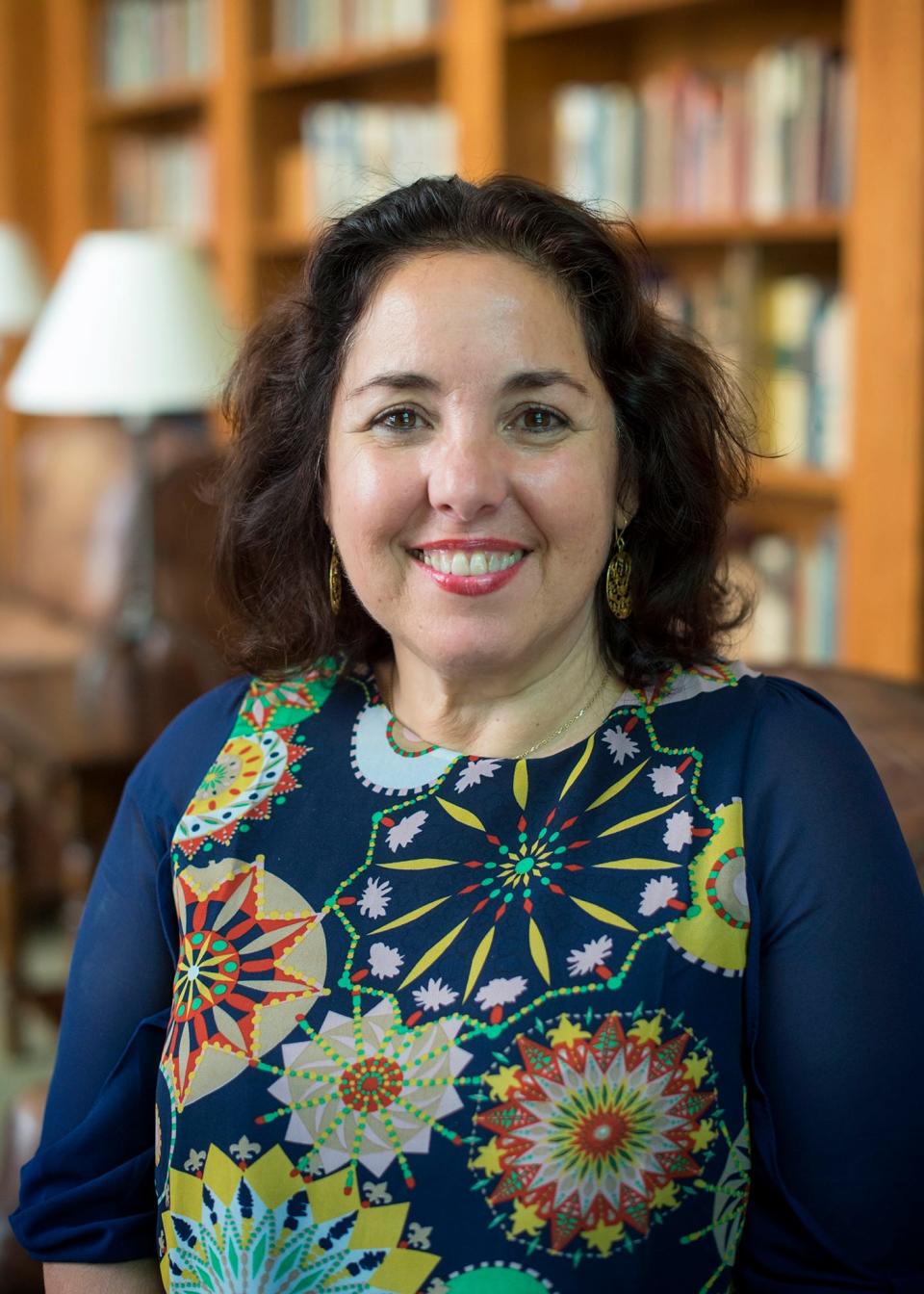Study abroad: U.S. students want to learn in person — and they should | Opinion
The pandemic expanded online learning and curtailed a wide swath of in-person study-abroad opportunities for many students.
A second Omicron variant is upon us, but we all hope that soon we can return to normal, whatever that means. In many aspects of everyday life, this has already happened.
The uncertainty of the pandemic made many of us comfortable in the online learning mode. Indeed, we are seeing it in business and many enterprises.
But online international and intercultural education does not come close to in-person study abroad. Higher education professionals must not give in to this temptation brought about by COVID-19. There are costs and risks, to be sure, but that’s life.
College students should learn to live life to the fullest, and a big part of that learning happens in other countries specially crucial intercultural experiences. A new study of students in dozens of countries shows that most prefer to go abroad to study. Higher education must heed this preference instead of opting for virtual experiences.
Here are just a few outcomes from study abroad that a few of our students have had:
A student who studied in Kenya and Ethiopia is now director of a Brooklyn-based direct-trade coffee importer that focuses on East Africa. His understanding of this part of the world could have never happened without his in person off-campus study experiences.
Another student, who lived with families in Madrid, says it transformed her career and life, pointing her toward a path in international education. She now works directing faculty-led study abroad programs.
A 2014 graduate returned to Italy where she went as an undergraduate, and taught English to adults, including members of the Italian Air Force. She went back to the U.S. to earn a master’s degree, and now works at the UN in Rome and is enrolled at the University of Siena.
Faculty are critical to the success of our programs. A former student went with one of our history professors to Chile where they both learned about a textile art form developed during the Pinochet era.
Another former student and an English professor studied Hindu nationalism in Tamil Nadu in southern India. The student kept a journal, since it was a creative writing experience. She followed the professor’s guidance, recording her experiences through her five senses. Such learning is impossible online.
Students hear, feel, taste and smell the country they live in. They learn the customs and quirks of the people. They develop key intercultural skills. They make friends. They make connections, and I believe in-person connections are stronger and last longer than virtual ones.
Many students live with host families and become part of the family for life. It is such a strong feeling that graduates often volunteer to mentor current students on studying and working abroad.

I grant that virtual reality technology may some day supplement these experiences, but the real thing is still superior in quality.
Enthusiastic alumni, many of whom studied abroad, provide students with travel grant opportunities and additional financial aid. During the pandemic, alums were asked to steer their funds toward virtual global internships to students whose off-campus programs were cancelled. The idea was to keep students engaged with global issues and, at the same time, to offer career development. Alumni were eager to support this initiative, but they were very clear in stating that it was only because in-person off-campus study opportunities were not possible. The consensus was to revert the use of alumni funds to in-person programs as soon as the public health circumstances with the pandemic permitted.
We know that the global economy drives the need us to help students develop the ability to function effectively across cultures and to interact appropriately in a variety of cultural contexts. This can happen only when students live and learn in a country, so it is imperative that higher education continue to support this critical part of a college education.

Marina Llorente, a language and culture professor, is associate dean for international and intercultural studies at St. Lawrence University in Canton, New York.
This article originally appeared on Rockland/Westchester Journal News: Study abroad: U.S. students want to learn in person — and they should

